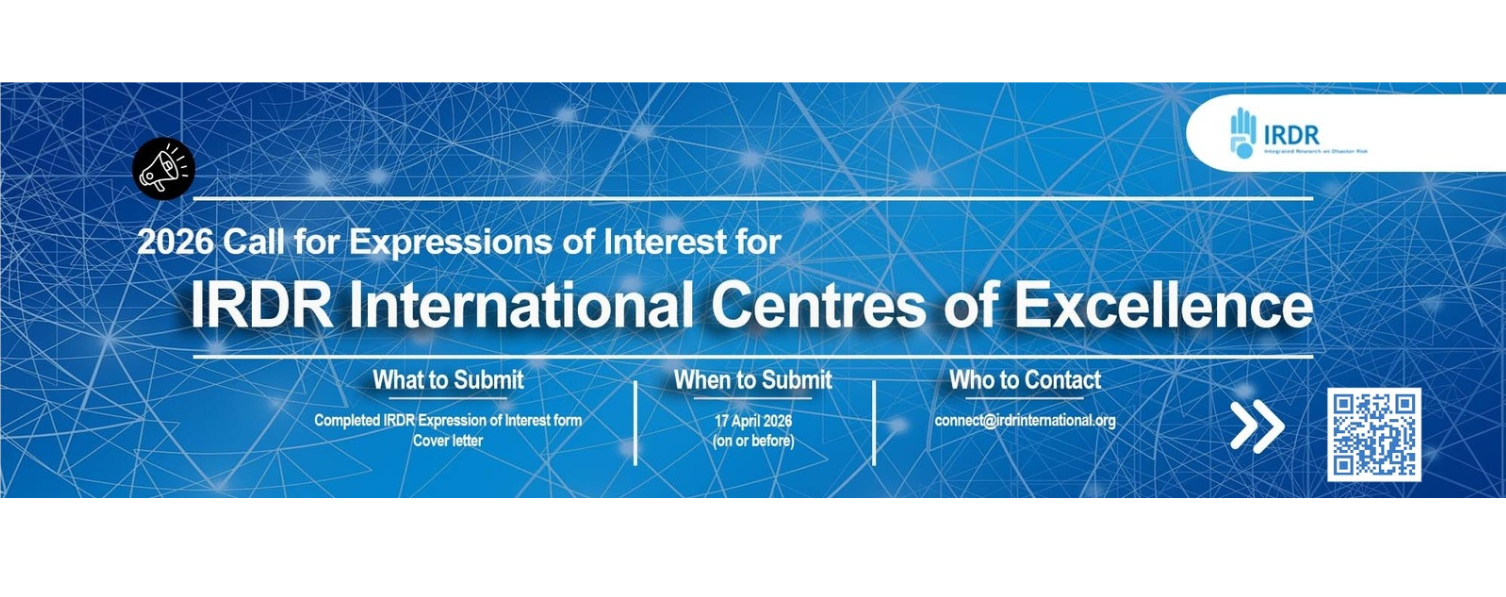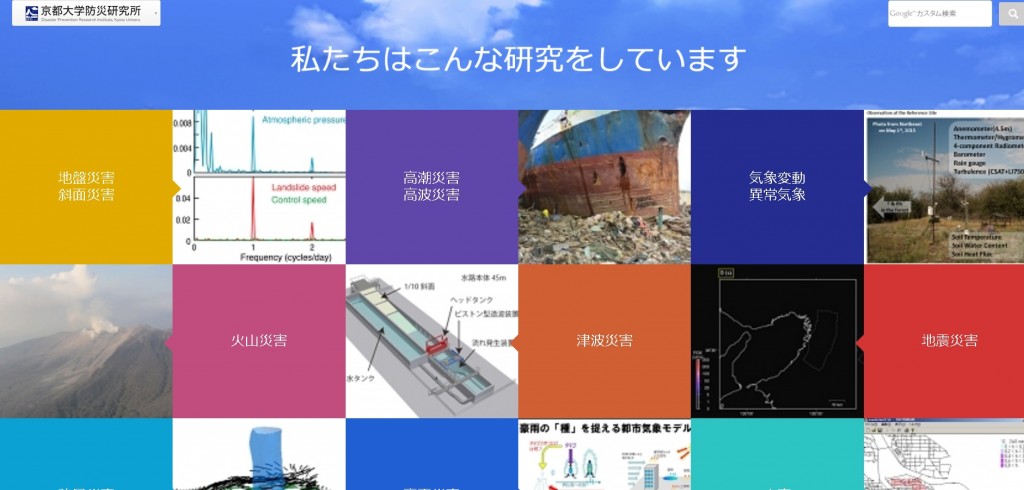Representatives from 187 UN member States today adopted the first major agreement of the Post-2015 development agenda, a far reaching new framework for disaster risk reduction with seven targets and four priorities for action.
As the organizing partner of the Science and Technology Major Group, the International Council for Science welcomes the strong recognition of science in the Sendai Framework for Disasater Risk Reduction 2015-2030 and the need to strengthen its relevance and use for DRR from the global to local scales.

Margareta Wahlström, the Secretary-General’s Special Representative for Disaster Risk Reduction and the Head of the UN Office for Disaster Risk Reduction, said: “The adoption of this new framework for disaster risk reduction opens a major new chapter in sustainable development as it outlines clear targets and priorities for action which will lead to a substantial reduction of disaster risk and losses in lives, livelihoods and health.”
The framework outlines seven global targets to be achieved over the next 15 years: a substantial reduction in global disaster mortality; a substantial reduction in numbers of affected people; a reduction in economic losses in relation to global GDP; substantial reduction in disaster damage to critical infrastructure and disruption of basic services, including health and education facilities; an increase in the number of countries with national and local disaster risk reduction strategies by 2020; enhanced international cooperation; and increased access to multi-hazard early warning systems and disaster risk information and assessments.
The framework also recommends that the Working Group considers the recommendations of the Scientific and Technical Advisory Group on the update of the 2009 UNISDR Terminology on Disaster Risk Reduction by December 2016, and that the outcome of its work be submitted to the General Assembly for its consideration and adoption.
The Science and Technology Major Group brought together in Sendai nearly 400 delegates from a wide range of organizations and networks active across all disciplines and sectors. Looking ahead, ICSU is eager to continue its engagement in the disaster risk reduction framework, together with UNISDR, with which it has a long history of successful collaboration – including through co-sponsorship of the IRDR programme.
ICSU with partners – UNISDR, UKCDS, the Science Council of Japan – have proposed an international scientific partnership. This partnership would support the implementation of the post-2015 framework and would better coordinate and enhance existing capacities and deliver concrete outputs around four functions – assessment, synthesis, advice and monitoring – and two cross-cutting capabilities – communication and engagement, capacity building.
The World Conference was attended by over 6,500 participants including 2,800 government representatives from 187 governments. The Public Forum had 143,000 visitors over the five days of the conference making it one of the largest UN gatherings ever held in Japan.
Download: Sendai Framework for Disaster Risk Reduction 2015-2030





